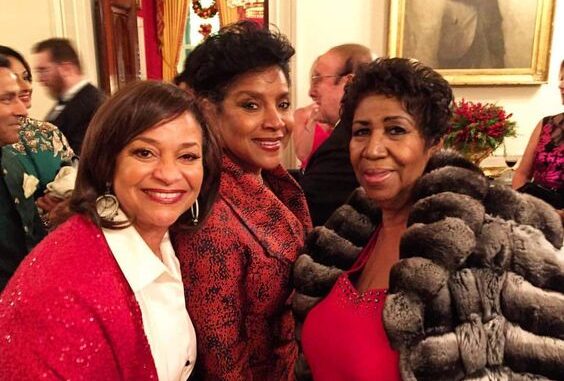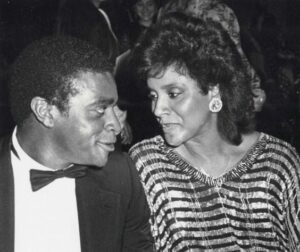
Phylicia Rashad Clarifies Her Statement, Makes Things Worse: “This Is Not About the Women”

On the heels of last night’s report that Phylicia Rashad, who played Clair Huxtable opposite Bill Cosby for 12 years on the long-running family sitcom The Cosby Show, had sweepingly disavowed Cosby’s rape accusers, Rashad has issued a clarification of her remarks. “I am a woman. I would never say such a thing. I would never think such a thing,” she told ABC News. “My message is, what happens to a nation in which people knowingly and willfully disavow the tenets that describe the nation? This is not about the women. This is about something else. This is about the obliteration of a legacy.” Actually, I’m afraid you’ll find that when more than 30 women step forward to bravely speak about being drugged and raped when they were very young by a powerful man, it is about the women. It’s not about preserving public image at any cost—no matter how great the cultural legacy. And while innocence until proven guilty is an important tenet of the American judicial system, that principle doesn’t mean that women should be disenfranchised merely for the sake of their alleged accuser’s reputation. It must be obvious by now that, in America, you don’t get to
On the heels of last night’s report that Phylicia Rashad, who played Clair Huxtable opposite Bill Cosby for 12 years on the long-running family sitcom The Cosby Show, had sweepingly disavowed Cosby’s rape accusers, Rashad has issued a clarification of her remarks.
“I am a woman. I would never say such a thing. I would never think such a thing,” she told ABC News. “My message is, what happens to a nation in which people knowingly and willfully disavow the tenets that describe the nation? This is not about the women. This is about something else. This is about the obliteration of a legacy.”
Actually, I’m afraid you’ll find that when more than 30 women step forward to bravely speak about being drugged and raped when they were very young by a powerful man, it is about the women. It’s not about preserving public image at any cost—no matter how great the cultural legacy. And while innocence until proven guilty is an important tenet of the American judicial system, that principle doesn’t mean that women should be disenfranchised merely for the sake of their alleged accuser’s reputation. It must be obvious by now that, in America, you don’t get to do whatever you want and have it not talked about just because you’re powerful and famous.
